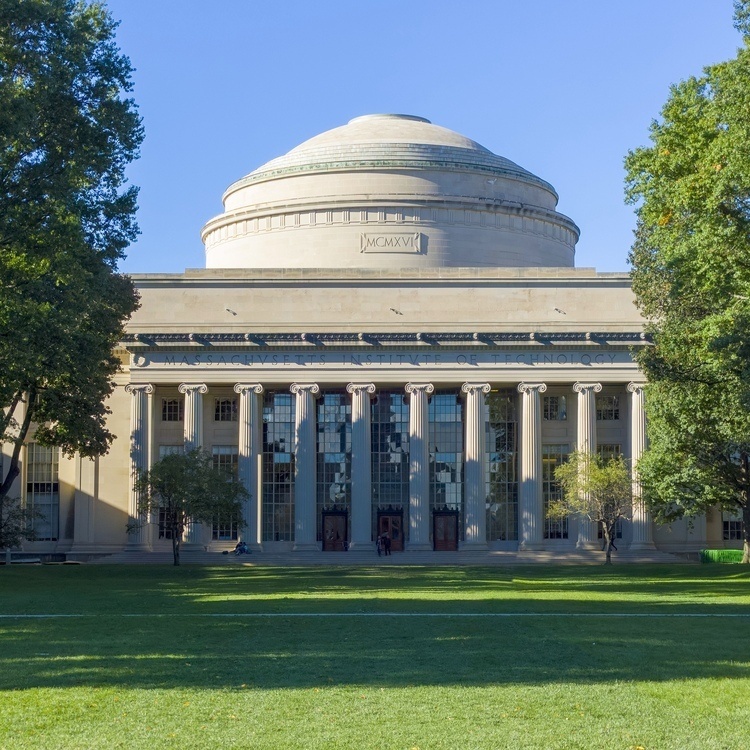
NeuroLunch: Aída Piccato (Jazayeri Lab) & Alexander LeNail (Heiman Lab)
Description
Speaker: Aída Piccato (Jazayeri Lab)
Title: Neural dynamics of memory strength
Abstract: A signature feature of long-term memory is its time- and experience-dependent strength. Memory strength directly impacts behavior: we recall recent and repeated experiences faster and more accurately than infrequent and remote ones. However, the neural and computational principles that link memory strength to accuracy and reaction time are not known. We designed a novel visuo-spatial association task that offers a window onto memory strength dynamics via parametric control of recency and repetition of prior experiences. Behavioral data from human and non-human primate subjects performing the task revealed that recency and repetition independently influence behavior, causing more accurate choices and shorter reaction times. We constructed a multi-alternative bounded drift-diffusion model in which choice and reaction time are determined by a diffusion process parametrized by memory strength and found that this model captures the relationship between prior experience and recall behavior. Previous work has identified the hippocampus as a critical region for the formation of long-term associative memories. We have begun recording the activity of hippocampal neurons in a trained macaque performing the task with the aim of identifying a neural correlate of memory strength in the structure of neural activity.
Speaker: Alexander LeNail (Heiman Lab)
Title: Charting the Rejuvenation Landscape in Aging Neurons
Abstract: The single greatest risk factor for many neurodegenerative diseases is aging. Why precisely this is true remains a mystery. Studies of aging have revealed many “hallmark” pathways which (1) change in aging and (2) whose deliberate disruption is sufficient to impair physiologic function. However, fewer studies have investigated whether those pathways are necessary for aging. Demonstrating a pathway’s necessity requires restoring function in an aged animal by restoring that pathway alone. Recent studies report profound rejuvenation by various interventions in certain settings, motivating the search for rejuvenation interventions in the brain. We began by profiling aging in brain cells by collecting a single-nucleus multi-omic atlas of the aging mouse motor cortex and hippocampus, revealing transcriptional dysregulation in the excitatory neuron compartment, most pronounced in L5 PT neurons. We thereafter used this atlas to predict Transcription Factors (TFs) to deliver tailored transcriptional perturbations to aged neurons to reverse individual hallmarks of aging. For our top 156 TF candidates, we prepared an AAV library, transduced aged mice, and produced an in vivo perturb-seq atlas of the aging mouse motor cortex to reveal which TFs yield transcriptional rejuvenation, and are candidates for further study.

